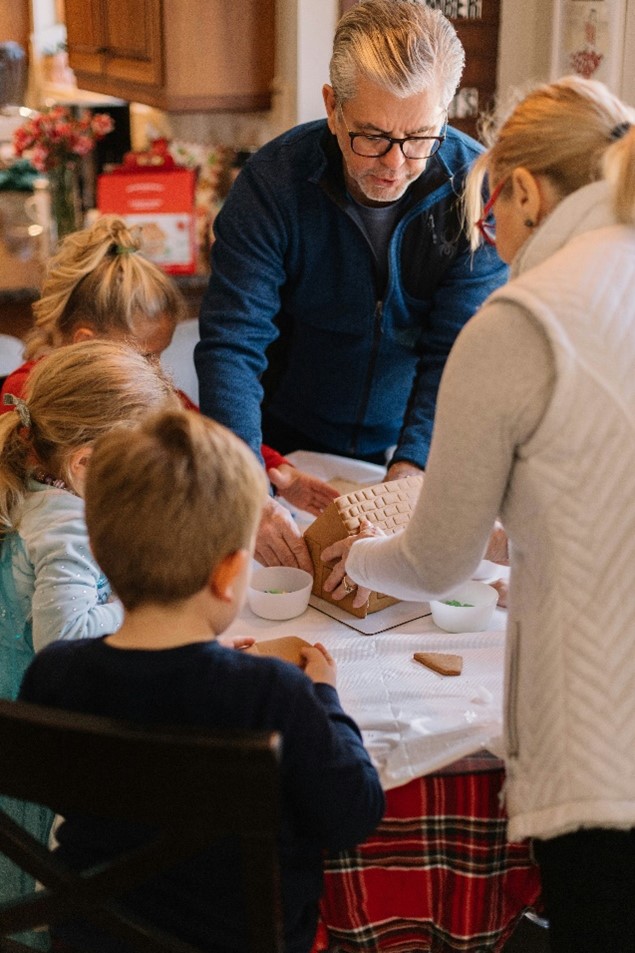Step-grandparents give less support than biological grandparents

Jenni Pettay
An increasing number of children are having step-grandparents in their lives due to divorces in both the parental and grandparental generations.
Grandparental support has been studied in various societies, and grandparents are recognized as an important source of support for both parents and children. Grandparental support can include childcare, emotional, and financial assistance.
Research also consistently shows that maternal grandparents (the mother’s parents) tend to provide more help than paternal grandparents (the father’s parents). Furthermore, grandmothers are more involved in childcare than grandfathers.
Clearly, grandparents play a vital role in family dynamics and serve as a key support network for both parents and children. However, very little is known about the support provided by step-grandparents. How much support, if any, are families receiving from step-grandparents?
Our analysis provides evidence that step-grandparents were less likely to offer financial support or assistance with childcare compared to biological grandparents. Further analysis revealed that step-grandparents who had lived with the parents when they were children did not provide more support than those who had shorter or no co-residence history. In contrast, among biological grandparents who were separated, a history of co-residence was positively correlated with the level of support provided.
We investigated grandparental investment, specifically through financial support and assistance with childcare, by analysing data from population base survey from Germany. Our study included 4,238 biological grandparents and 486 step-grandparents. Parents were asked how much financial support and help with childcare they received from both their biological parents and any potential step-parents.
Based on our findings, biological grandparents are more likely to provide support than step-grandparents. Although previous research has shown that co-residence history between a parent and a step-parent affects step-parental support, we did not find this to be true when it came to support for grandchildren. However, co-residence history with a separated biological grandparent seemed to increase the level of support provided, suggesting that blood relation is not the sole factor influencing grandparental support.
While this study sheds some light on step-grandparental relationships, we were unable to address another common route to becoming a step-grandparent — when a biological child, the middle generation, becomes a step-parent. In aging populations and with recent demographic changes, the number of step-grandparents in grandchildren’s lives is likely to increase. Therefore, further detailed investigations are needed to understand the roles that step-grandparents play in families.
Blog is based on a study: Pettay JE, Coall, DA, Danielsbacka M & Tanskanen AO. (2024). The role of mating effort and co-residence history in step-grandparental investment. Evolutionary Human Sciences.
The writer, Jenni Pettay works as a Special Researcher at the INVEST Research Flagship Centre.

